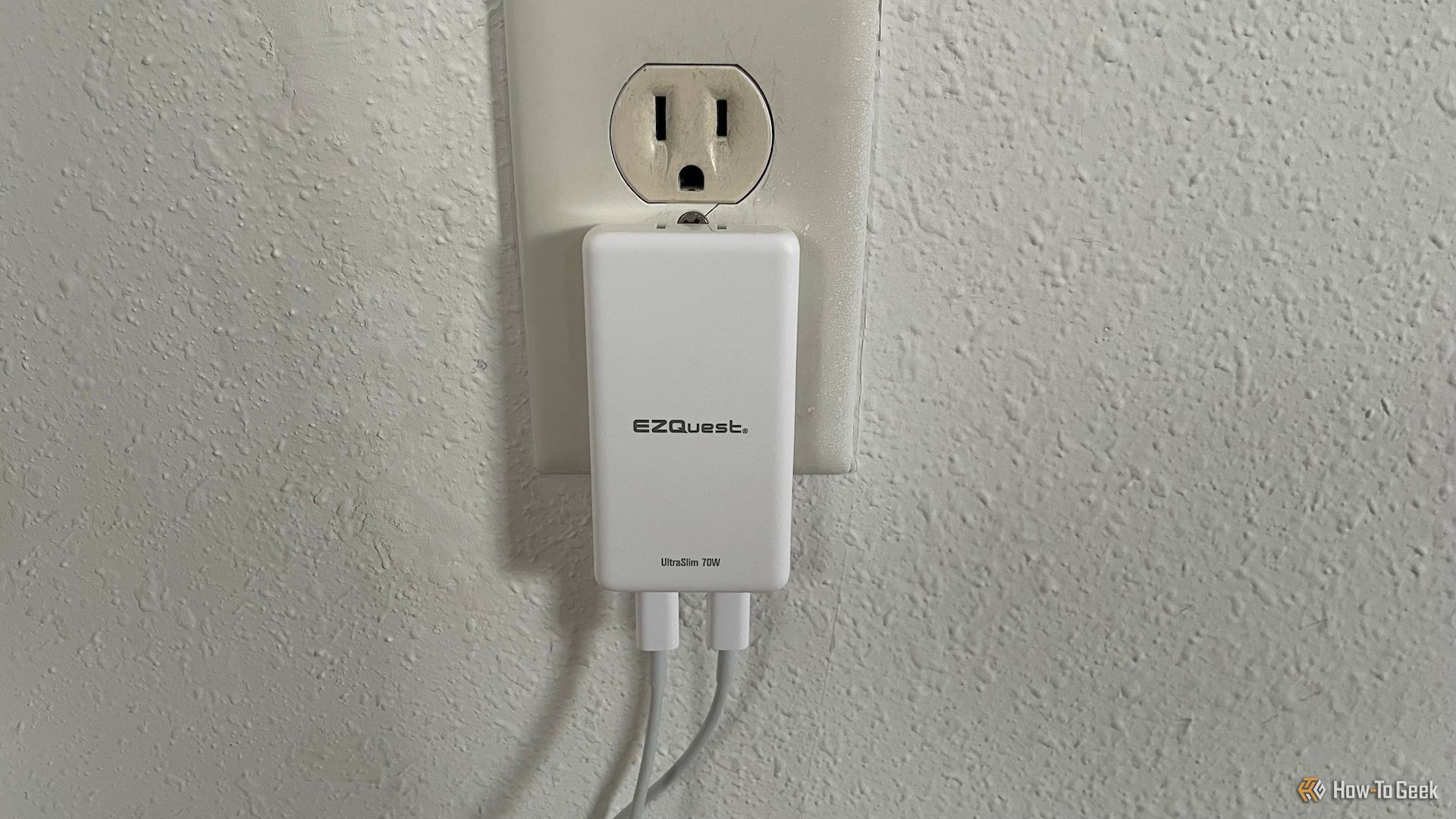Now, New Zealand Joins Canada, France, Spain, Portugal, Australia, Belgium, Finland, UK, and Germany in Issuing Tougher Travel Advisories for US Amid Rising Crime and Border Detentions - Travel And Tour World
Thursday, July 3, 2025

New Zealand has joined Canada, France, Spain, Portugal, Australia, Belgium, Finland, UK, and Germany in issuing tougher travel advisories for the United States due to mounting concerns over violent crime, strict border enforcement, and increased legal risks for foreign visitors. The updated warnings reflect a growing international consensus that entry into the U.S. has become less predictable and more complex, with travelers facing heightened scrutiny, stricter visa enforcement, and potential detention even for minor infractions. These countries now advise their citizens to exercise increased caution when visiting the U.S., citing not only the elevated threat of gun violence and terrorism in major cities, but also the risk of being denied entry or subjected to invasive border checks. The shift in guidance marks a significant change in how long-time U.S. allies assess safety and legal reliability for their nationals abroad.
New Zealand has revised its travel guidance for the United States, elevating it to Level 2, the same tier used for countries where travelers are advised to “exercise increased caution.” This move reflects the country’s concerns over safety conditions that differ significantly from those typically found in New Zealand. Authorities cited a combination of rising violent crime, terrorism threats in major American cities, and a marked increase in civil unrest as the key reasons behind the advisory update.
New Zealand’s updated travel page specifically warns its citizens that the United States presents “more significant safety or security concerns” compared to what travelers would normally expect at home. The advisory highlights a “higher incidence of violent crime and firearm possession” and urges all travelers to the U.S. to maintain full travel and medical insurance. It also recommends heightened vigilance in crowded locations such as shopping malls, markets, and popular tourist attractions.
The update, made public on July 2, places the U.S. in a more cautious category than it has held previously. For years, New Zealand classified the United States under its lowest travel advisory tier, which suggested no more than standard safety precautions. The shift signals a reassessment of conditions on the ground for its citizens.
Just days earlier, Australia made similar changes to its travel guidance for the U.S., reinforcing concerns about entry restrictions and violent crime. The updated advisory from the Australian government emphasized that entry requirements to the United States are strict and that border officials have expansive powers to assess whether a traveler is eligible to enter the country.
The advisory warns Australian travelers that U.S. immigration authorities can deny entry for any reason permitted under American law. The update advises travelers to review U.S. registration, transit, and exit protocols in detail before departure. In addition to border scrutiny, Australia’s warning also draws attention to the prevalence of violent crime in the U.S., stating that such crime occurs more frequently in the United States than in Australia.
Although Australia has kept the United States at its lowest advisory level of “exercise normal safety precautions,” the added language shows a shift toward increased caution. It reflects growing unease around not just the U.S. immigration process, but also the safety environment within its cities.
Across Europe, a coordinated pattern has emerged as more countries move to tighten their travel guidance for the United States. Eight major European nations— (while not in the EU, closely aligned)—have now issued stronger advisories that reflect rising anxiety over legal risks, visa enforcement, and growing security threats within American borders.
Germany Sets the Tone With Legal Risk Warnings
Germany was among the first to directly address visa-related risks in its travel warning. The country’s Foreign Ministry now includes a strong advisory warning travelers that even —sometimes by just a day or two—can lead to . German travelers are explicitly informed that U.S. border authorities have over entry decisions and that the presence of valid documentation does not guarantee access to the country.
This represents a significant departure from Germany’s previous, more neutral guidance. The newer advisory now emphasizes the need for meticulous compliance with visa rules and full understanding of U.S. customs and immigration policies prior to travel.
France Echoes Visa Enforcement Concerns
France has updated its advisory with similar language, cautioning its citizens about the unpredictability of U.S. border entry decisions. Travelers are advised to be prepared for upon arrival, and to avoid assuming automatic entry even if they possess an ESTA or valid visa. The French government has also issued guidance about maintaining documentation that proves the purpose of their visit, along with evidence of return travel plans and financial means.
These updates reflect France’s concern that travelers could be turned away without clear cause, especially amid increased enforcement and limited legal recourse once in U.S. custody.
Spain and Portugal Warn of Uncertain Border Entry
Spain and Portugal have also toughened their advisories. Spanish authorities now urge travelers to prepare for possible based on unspecified U.S. legal standards. Like Germany and France, Spain makes it clear that entry is and that decisions made by U.S. Customs and Border Protection officers are .
Portugal’s advisory similarly addresses the risks associated with border procedures. It advises travelers to remain calm during questioning, to avoid carrying prohibited items or unclear documentation, and to cooperate fully with American border officials. It warns that detention facilities for inadmissible passengers can be used even for short visa technicalities.
Belgium and Finland Shift Focus to Crime and Civil Unrest
Belgium and Finland have placed more weight on the within the United States. Both countries now highlight the risk of , particularly in densely populated urban areas. Their advisories recommend avoiding late-night travel, steering clear of protests, and maintaining awareness in locations such as stadiums, malls, and public transportation hubs.
These governments have also advised travelers to remain vigilant in areas where law enforcement presence is high, as police responses to disturbances may be rapid and unpredictable. They warn travelers to avoid engaging in public demonstrations or politically sensitive events, regardless of their intentions.
United Kingdom Adds Cautionary Measures on Border Delays
The United Kingdom’s advisory has evolved gradually but now mirrors several key concerns raised by other European governments. UK authorities caution travelers about the possibility of , even for those on pre-cleared Electronic System for Travel Authorization (ESTA) visits. British nationals are encouraged to , such as proof of accommodation and return flights, and to comply with all U.S. customs and security screenings.
The UK government also points to recent examples of travelers being denied entry or detained for further inspection, warning that mobile phone searches or questioning about travel intent are legally permitted and can occur without warning.
Collective Trend Reflects Deepening Concerns Across Europe
What ties all these European countries together is a . Previous advisories focused more on general safety and health guidance. The latest versions now emphasize legal, procedural, and security challenges—marking a clear pivot from friendly reminders to serious caution.
Rather than treat border issues as isolated incidents, these European governments now frame them as that their citizens should prepare for in advance. They call attention to the changing enforcement landscape in the U.S., where and have altered the experience of foreign travelers at entry points.
The rise in crime, growing public unrest, and a steady stream of reported detentions have reinforced this narrative across European ministries. As a result, travel to the United States, once considered almost routine for most Europeans, is now approached with a degree of legal, procedural, and personal caution that was previously reserved for more unstable destinations.
Canada was one of the earlier countries to respond to changes in U.S. border enforcement with updates to its travel advisory. The Canadian government warned citizens about heightened enforcement practices that include increased questioning at border checkpoints, the possibility of electronic device inspections, and the risk of being denied entry without clear justification.
Although Canada continues to maintain strong diplomatic and economic ties with the United States, it acknowledged that multiple Canadian travelers had reported incidents of detainment or entry refusal despite possessing valid travel documents. The government advised citizens to be prepared for delays and to understand their rights when crossing into the U.S.
In addition to crime and border-related issues, many of these countries now include warnings about terrorism and civil unrest in their advisories. They advise travelers to avoid large gatherings, demonstrations, and politically sensitive areas, particularly in large U.S. cities where such events are more common. There is also mention of increased surveillance and law enforcement presence in high-traffic areas, such as airports, festivals, and major tourist sites.
These expanded warnings reflect a broader security concern that goes beyond isolated incidents. The tone and detail now included in official government advisories indicate a growing consensus among U.S. allies that the country currently presents more risks than it did in previous years.
New Zealand has joined Canada, France, Spain, Portugal, Australia, Belgium, Finland, UK, and Germany in issuing tougher travel advisories for the U.S. due to rising violent crime, stricter border enforcement, and increased risk of detention for foreign visitors. The coordinated updates reflect growing global concern over safety and legal unpredictability across American cities and entry points.
The fact that ten major countries—including Australia, New Zealand, and many from Europe—have updated their guidance reflects a widespread shift in how foreign governments assess safety for their citizens visiting the United States. What was once considered a largely routine and low-risk destination has now become one that requires extra planning, precaution, and legal awareness.
Travelers from these nations are now advised to monitor local U.S. news during their stay, stay away from large public events, comply strictly with all entry regulations, and ensure they are reachable by their respective embassies in the event of an incident. Governments are also advising travelers to maintain backup copies of documents and avoid behaviors that could be misinterpreted at border crossings.
«Enjoyed this post? Never miss out on future posts by following us»
Tags: Australia, Belgium, Canada, finland, france, germany, new zealand, Portugal, spain, Tourism news, travel industry, Travel News, UK











